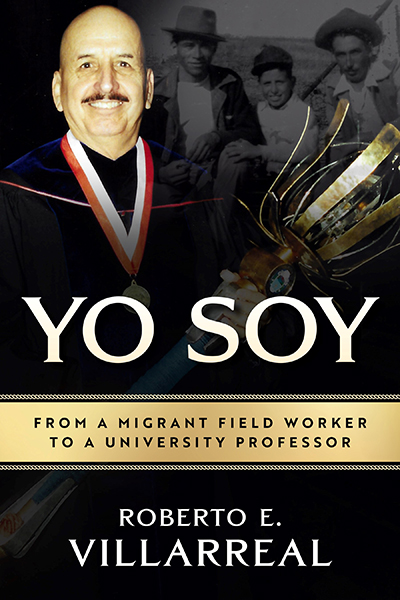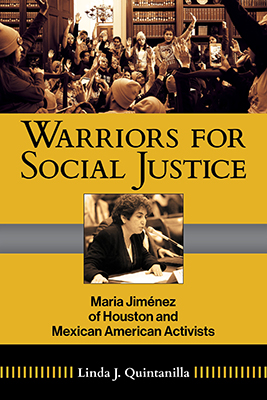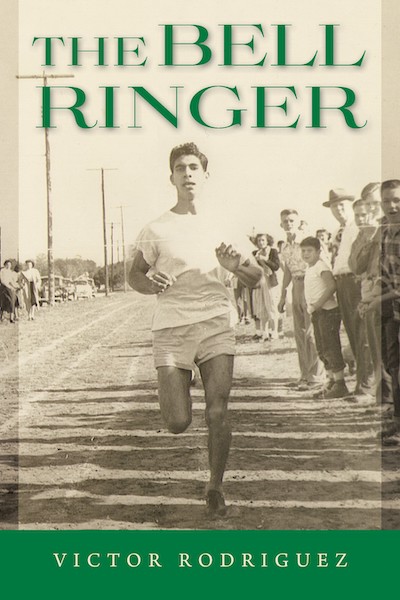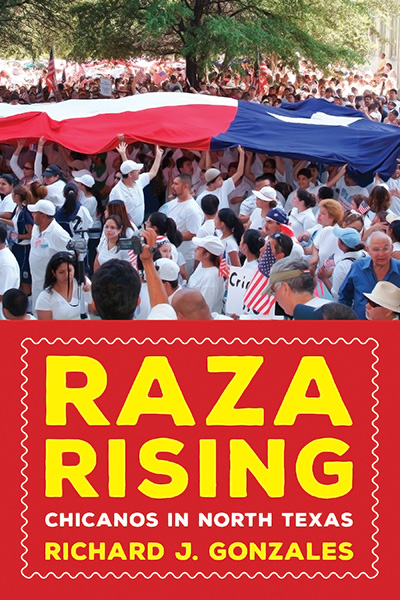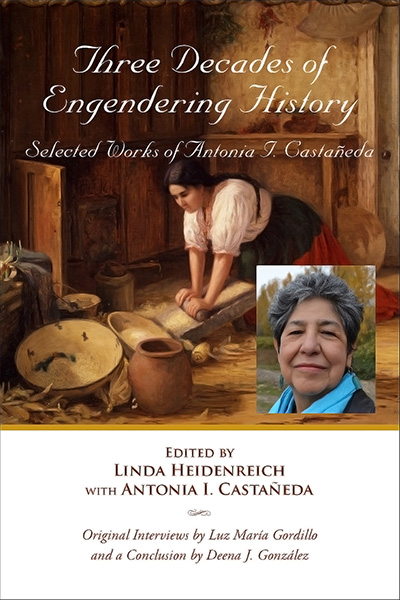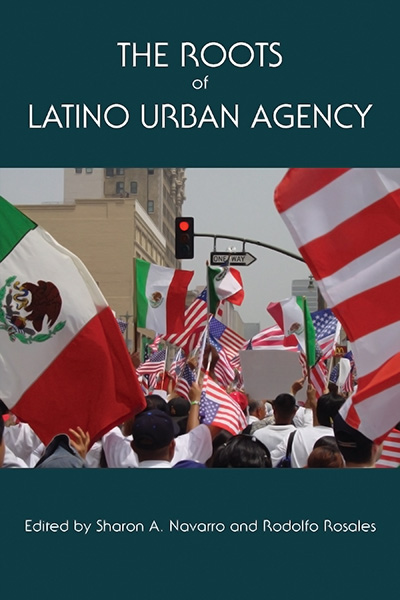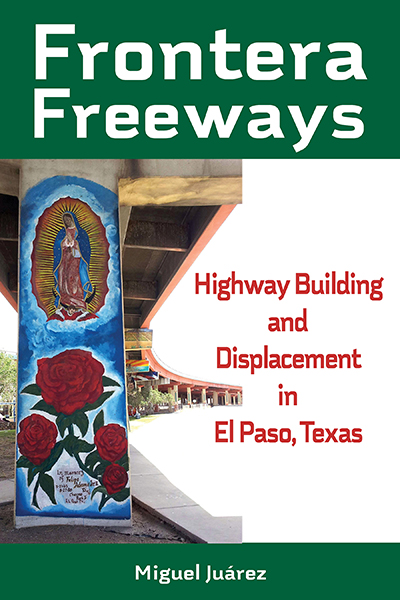
VOL. 13: Al Filo: Mexican American Studies Series
October, 2025
Published
288
Pages
10 b&w illus. 9 maps. Notes. Bib. Index.
Features
About Juarez's Frontera Freeways
The history of how the freeways of El Paso, Texas, were constructed, who lobbied for them to be built, who was displaced, and who opposed them, is largely unknown. Regional studies of highway building have been overlooked in most studies of Mexican American history. As in other Mexican American cities like San Antonio, Houston, Dallas, and Los Angeles, Mexican Americans who were displaced by highway building were not at the table. From 1915 to the 1960s, numerous road projects displaced people and neighborhoods using processes that were largely unknown to them.
Frontera Freeways explores the origins, development, and dismantling of a major barrio in the Texas city of El Paso. Miguel Juárez uses the case study of the Lincoln Park neighborhood, which emerged from the Village of Concordia, to analyze highway building in the region. It is at Lincoln Park where all of El Paso’s early freeways converge; thus, the community is also the focal point or ground zero of this study. The Lincoln Park Conservation Committee led the community in countering highway building in order to save Lincoln Park School, a former Mexican school in segregated El Paso and the city’s only cultural arts center before its closure in 2006.
Frontera Freeways mirrors the reclamation of Chicana/o spaces, like Chicano Park under the Coronado Bridge in San Diego, California, and incorporates Mexican American history, urban history, and regional planning. It also explores sociological aspects of race and the built environment in a borderlands context of racial histories, with a focus on African American and Latinx neighborhoods. Finally, Juárez reveals the historical memories of these communities and presents their art and social protest as a form of community engagement and mobilization.
About the Author
MIGUEL (MIKE) JUÁREZ is a first-generation multidisciplinary scholar/educator at the University of Texas at El Paso and at El Paso Community College. He has published two books: Colors on Desert Walls: The Murals of El Paso, with photographs by Cynthia Weber Farah; and Where Are All the Librarians of Color? The Experiences of People of Color in Academia, coedited with Rebecca Hankins.
Al Filo: Mexican American Studies Series: Recent Titles
See all titles in our Series: Al Filo: Mexican American Studies Series
Buy Now
Frontera Freeways: Highway Building and Displacement in El Paso, Texas
288 pp. 10 b&w illus. 9 maps. Notes. Bib. Index.
